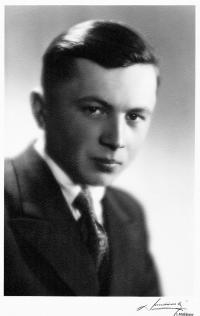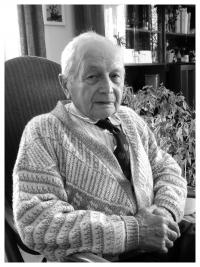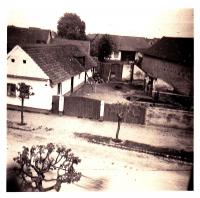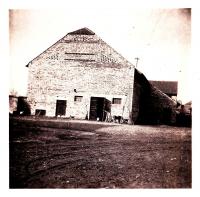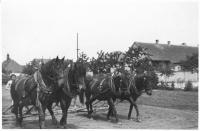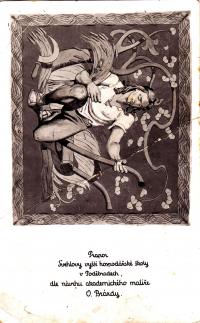Join the farms collective and you’ll be left alone
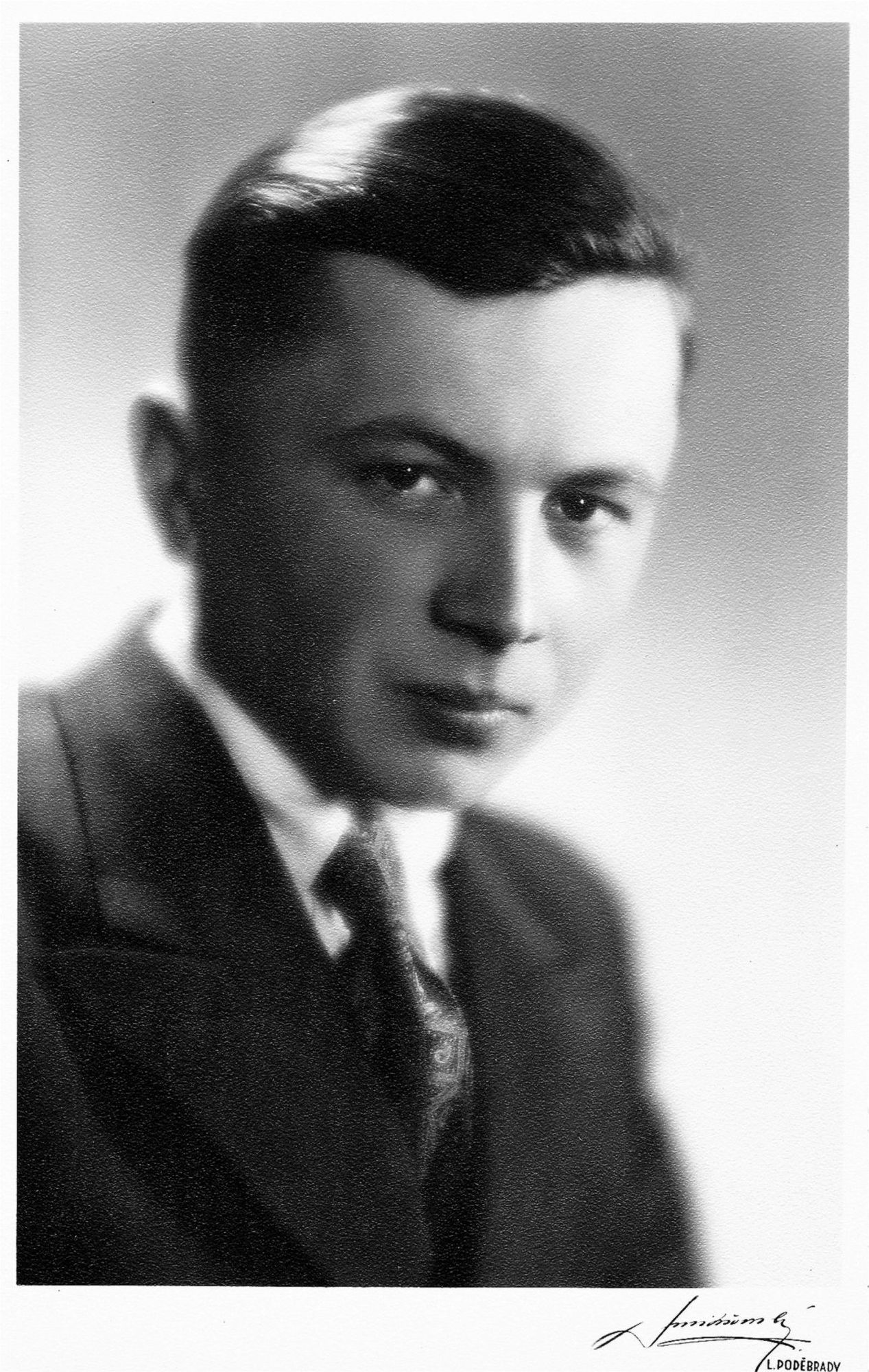
Download image
František Noháček was born on October 28, 1921, in the family of a farmer in Velké Zboží near Poděbrady. He at first completed economic studies in Poděbrady and then joined the work at the family farmstead. In the end, he spent his entire life in Velké Zboží. He has many stories to tell, for example about the war times when he was illegally milling grain and supplying his relatives in the cities with food in ways that smack of conspiracy. The Nazi period was soon followed by another dark episode after February 1948, when he faced stern pressure by the Communist regime to join collective farming. Many of the peasants from the area who refused to join the collective farms were persecuted and denounced as Kulaks. As one of the biggest farmers in the area, he was eventually forced to join the farms collective as well. However, paradoxically, he later became the target of a bullying campaign with the aim of driving him out of the collective. The campaign included his conviction for alleged sabotage. In the end, however, he survived all of this in good health and until today he still lives where he was born.
